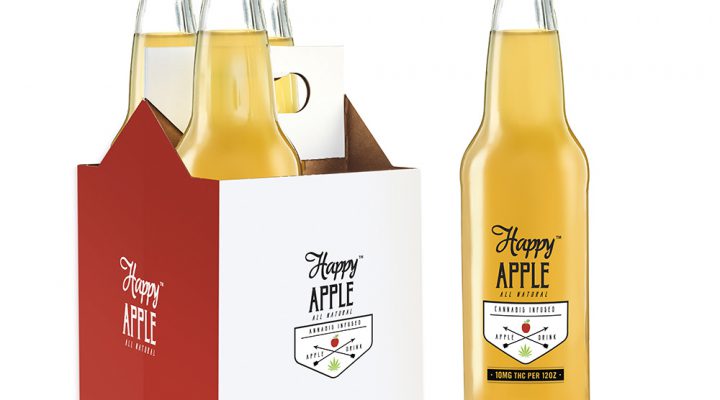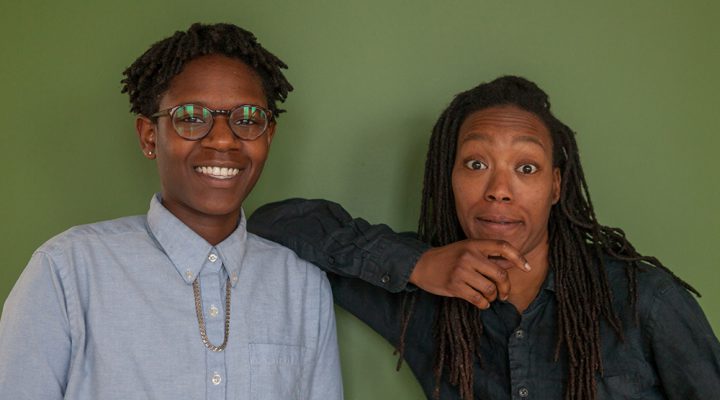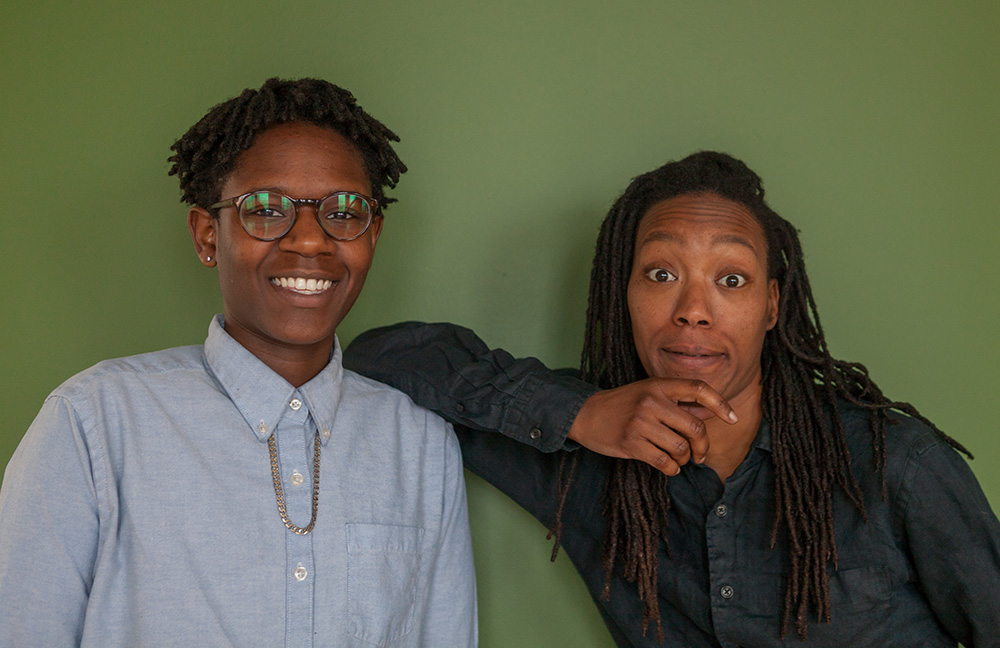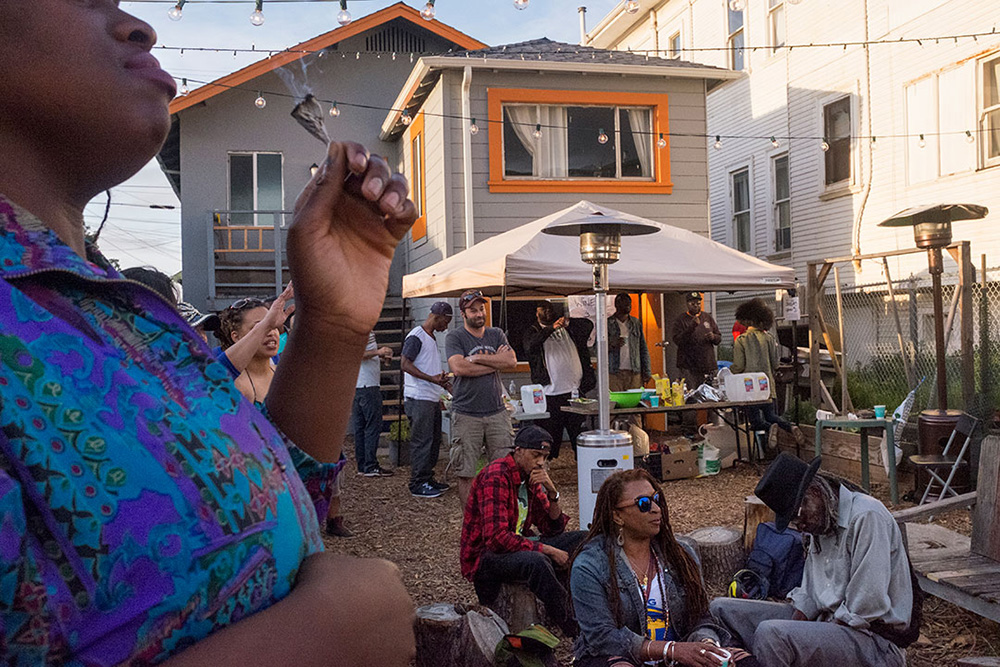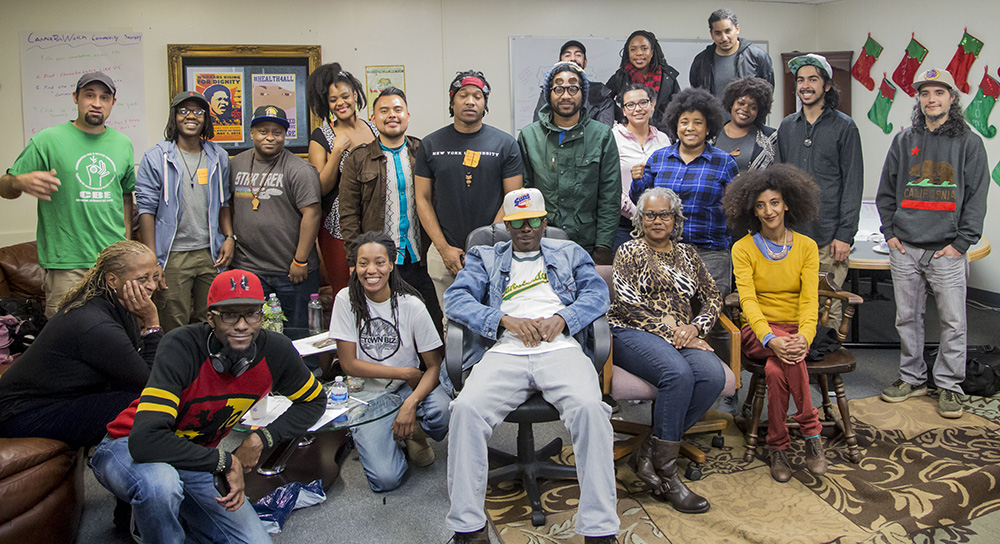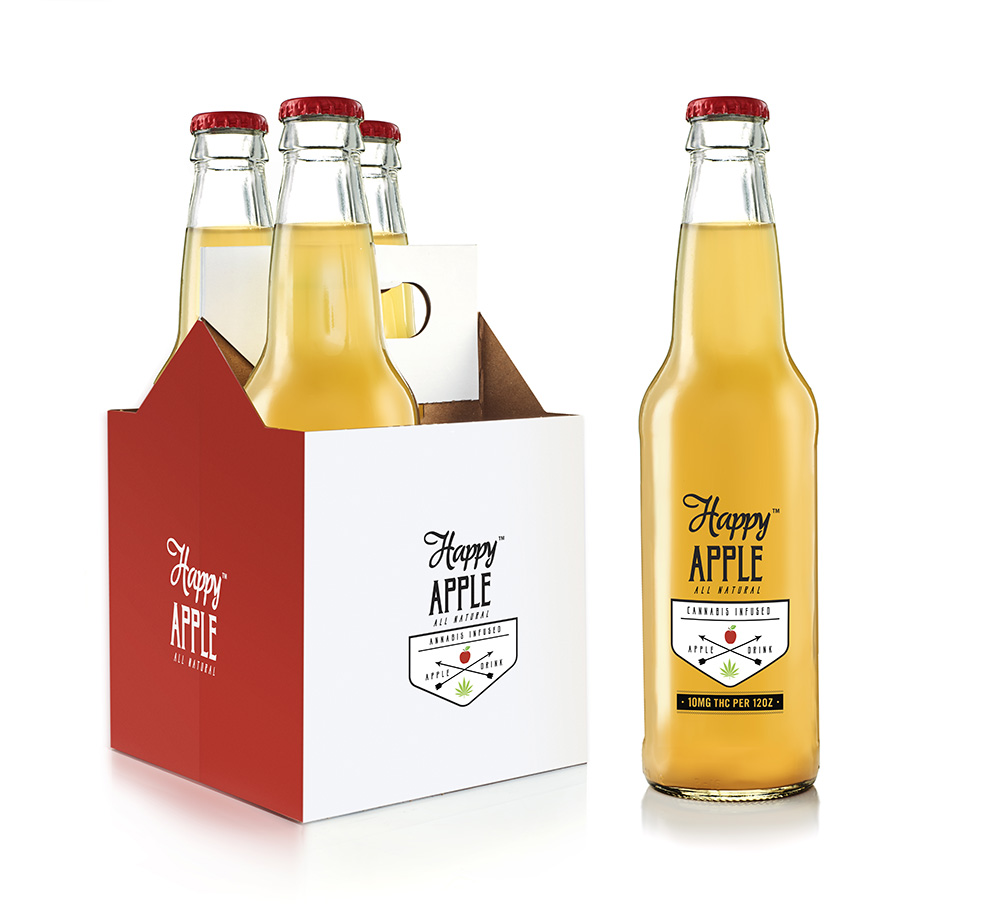 Summer is finally upon us! When the sun is shining and the rivers are flowing, nothing beats the refreshment of a cool drink. Personally, I don’t like being dragged down by a beer or soda when I’m out hiking or hanging with friends, and Happy Apple has introduced a crisp, buzzy alternative. I love a grin-causing buzz floating through my body, and the delightful brightness of the apple juice and crisp carbonation tops off the senses.
Summer is finally upon us! When the sun is shining and the rivers are flowing, nothing beats the refreshment of a cool drink. Personally, I don’t like being dragged down by a beer or soda when I’m out hiking or hanging with friends, and Happy Apple has introduced a crisp, buzzy alternative. I love a grin-causing buzz floating through my body, and the delightful brightness of the apple juice and crisp carbonation tops off the senses.
Focusing on all natural ingredients, Happy Apple has sourced the best apples from none other than Washington state. Their proprietary methods perfectly infuse your Happy Apple with cannabis, so no drink is more potent than the last, and the 10mg serving is perfect for being out and social. I’ll definitely be packing a few on my next camping trip!
The post AN APPLE A DAY… appeared first on Dope Magazine.
AN APPLE A DAY…
Source: Dope Magazine
